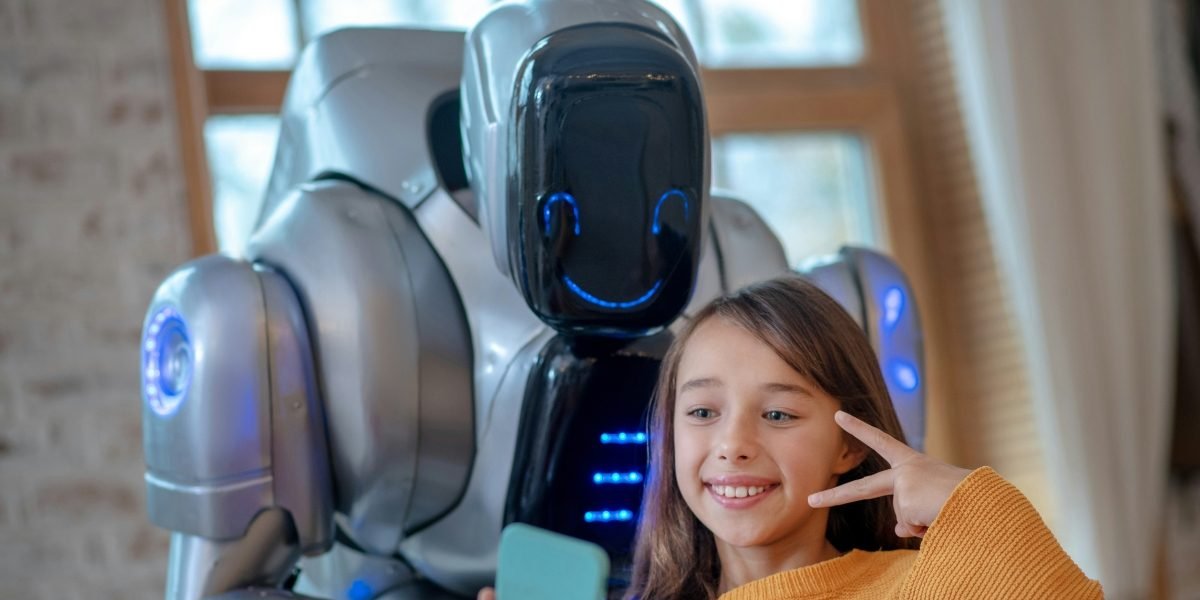Artificial intelligence (AI) often draws attention because of job displacement concerns. But a broader view shows that it is also creating opportunities for workers. As companies adopt AI tools, tasks that once took hours may take minutes. That time savings can free up human workers for higher-value efforts. By understanding those shifts, workers and employers may feel a bit more comfortable with the changes ahead.
Recent data from the U.S. Bureau of Labor Statistics (BLS) suggest that employment in occupations linked to software development, database architecture and other technical work is projected to grow significantly between 2023 and 2033. That growth is partly tied to AI and related infrastructure. At the same time, a report by the International Labour Organization notes that while AI can automate some tasks, it also complements many roles—helping workers do their jobs more efficiently rather than replacing them entirely. These findings point toward a scenario where AI supports labor market vitality.
When a new technology arrives it may raise worry, but that does not mean the outcome is negative. For many workers the key issue will be how roles shift rather than vanish. The question becomes how to use AI tools to enhance performance, adapt to new tasks and remain employable. With the right approach, AI may reinforce rather than erode job opportunities.
Time Savings and Productivity Gains with AI
One of the most concrete ways AI supports workers is by reducing the time spent on tasks that machines can accelerate. For example, a survey by the St Louis Fed found that workers who used generative AI tools saved an average of 5.4 % of their work hours in a week. In simple terms, that savings means a few extra hours for tasks that require human judgement, creativity or interaction. The productivity gain aligns with research from leading economists estimating that widespread AI adoption could raise overall labor productivity by about 15 % in advanced economies.
Consider a marketing specialist who handles routine data-reporting every week. With an AI tool that automates data extraction and basic commentary, the specialist may spend less time running reports and more time on strategic thinking. That shift not only improves job satisfaction but also boosts the measurable output of the role. For employers, more efficient workers may translate to better competitiveness.
From a policy perspective the productivity boost matters because it supports wage growth, business investment and tax revenues. When workers produce more value per hour, companies can invest in growth instead of simply cutting costs. The key point is that productivity gains do not automatically mean fewer jobs—they often mean different jobs or higher-value tasks.
Creation of New Roles and Skill Demands

Photo Credit: Unsplash.com
AI’s impact is not limited to replacing or speeding up tasks—it also creates new roles that did not exist before. For instance, AI engineers, data-privacy specialists, AI-ethics advisors and AI-system trainers are becoming more common. The BLS projects employment of software developers will grow around 17.9 % from 2023 to 2033, much faster than the average for all occupations. That growth is linked directly to increased demand for AI and digital systems.
At the same time workers in traditional roles may find opportunities to shift into adjacent functions. A paralegal may use AI-assisted document review tools and transition into a role focused on AI monitoring or regulation. A customer-service agent may move from routine call handling to supervising chat-bot performance or handling more complex, human-centric issues. These transitions help workers stay relevant.
The up-side for workers is clearer when training and reskilling are in place. Employers and education providers that support skill development help workers take advantage of change. For workers who embrace new tools and shift into roles that complement AI, the labor market can present fresh opportunities rather than only threats.
Enhanced Job Quality and Worker Experience
AI can also improve job quality by removing repetitive or manual tasks that often drain time and morale. With routine work automated, employees may focus more on tasks that require judgment, creativity or interpersonal interaction. For example, in healthcare a nurse may spend less time entering data and more time supporting patients directly. That shift may lead to greater job satisfaction and better outcomes for the organization.
In manufacturing AI-powered systems may assist workers by monitoring machinery, predicting maintenance needs and freeing them from constant manual checks. The worker’s role becomes more about oversight, decision-making and adaptation rather than repetitive labour. That change can make jobs safer, more varied and less exhausting.
Better job quality also matters for workforce retention. When workers feel their roles carry purpose and use human strengths, they are likely to stay engaged longer. While AI introduces change, that change might bring new meaning to work rather than render it obsolete.
Risk Mitigation: What Workers and Employers Should Watch
Even though there are upsides, the transition is not without risk. Workers whose tasks are highly exposed to automation may need to shift before their roles are substantially changed. According to research by the Organization for Economic Co-operation and Development (OECD), occupations with narrowly defined and repetitive tasks are more vulnerable to AI substitution. The important lesson is that change tends to be gradual and varied across sectors.
Employers should plan for role redesign and reskilling rather than simply expecting automation to replace labour. Workers should view AI as a tool for augmentation—not as a threat—by focusing on aspects of their jobs that require judgement, empathy or creativity. By preparing now, both workers and employers can smooth the shift rather than be surprised by it.
Policy makers also have a role. Support for training programmes, career transitions and education is important. The presence of new jobs does not automatically mean all workers will benefit equally. The goal is to ensure pathways exist for those whose roles are changing.
Looking Ahead: How to Think About AI and Work
Thinking about AI’s role in the labour market over the next decade is less about predicting doom and more about adapting to change. Workers who warm to new tools and continue to develop relevant skills are likely to be better positioned. Employers that align technology adoption with workforce development may see dividends in productivity and worker satisfaction. Policy makers who support transitions and training may strengthen labour-market resilience.
The overall picture suggests that AI has the potential to support work rather than supplant it. The gains from automation, productivity and job transformation may ultimately help workers and firms adjust to a more dynamic economy. While change always brings uncertainty, the evidence points to manageable shifts rather than abrupt displacement.







